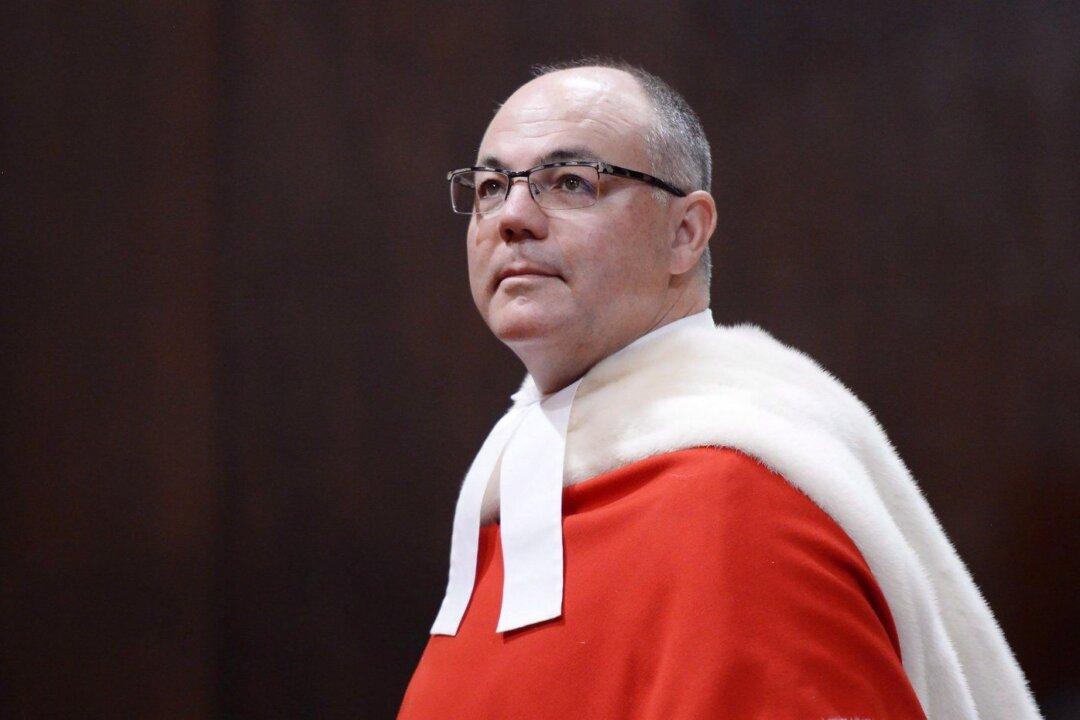The Canadian Judicial Council (CJC), a regulatory body for the country’s judges, said Justice Russell Brown’s decision to retire effectively ends the investigation against him into alleged misconduct.
In a June 12 statement, the CJC said that since March 7, an investigation had been underway following events that arose out of a banquet attended by Brown, 57, in Arizona on Jan. 28. The complaint about the judge’s conduct had been referred to a Judicial Conduct Review Panel as of March 30.





